Mother Nature can be pretty stunning in the winter. But before you embark on your outdoor adventure you may want to go through the following tips from PhotoJoseph to help keep your equipment safe when photographing snow:
1. Keep your batteries warm
Your batteries will lose power faster in cold weather, especially if they are kept exposed. Put your batteries in your pockets or another warm place to extend their life.
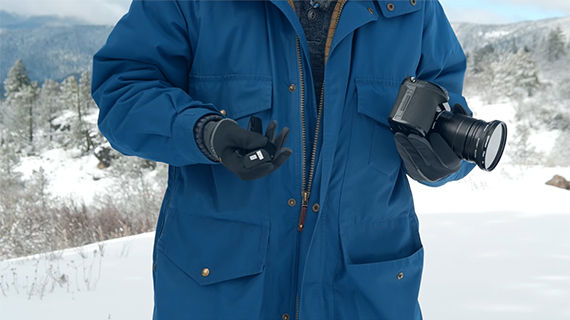
But there is a simple technique you can use to stop your batteries from draining out faster than normal. Keep them in one of the inside pockets of your jacket. That way they stay nice and warm and handy, to be used whenever they are needed.
2. Use your zoom lens
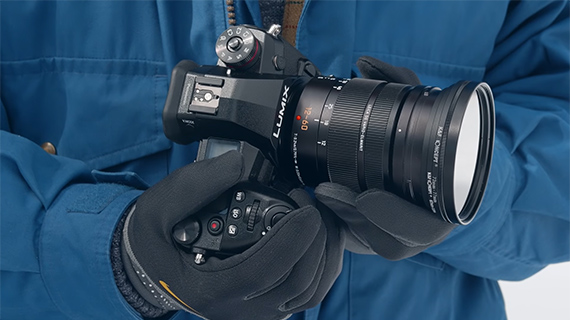
Changing lenses in freezing temperatures always puts your equipment at risk. There is always the risk of condensation as you take off a lens and mount another. To avoid this predicament, bring a zoom lens. This will make lens changes redundant.
3. Use a lens hood
A lens hood is a useful tool not only when you’re shooting under the sun but also when it’s snowing. It helps prevent snowflakes from falling on the front element of the lens and creating smears.
4. Keep your gear dry
Professional camera gear is usually weather sealed so you don’t have to worry about it getting wet in snowy (or wet) conditions. But what about semi-pro gear? Well, you can buy professional rain covers like the one shown in the picture here.
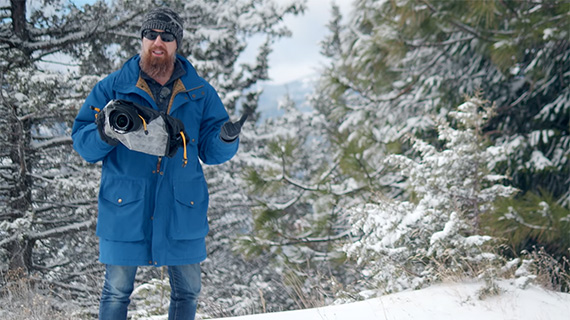
Or, if you’re the DIY type you can make one yourself out of a plastic bag.
5. Use polarizers and ND filters
A polarizing filter cuts through glare and produces saturated colors.
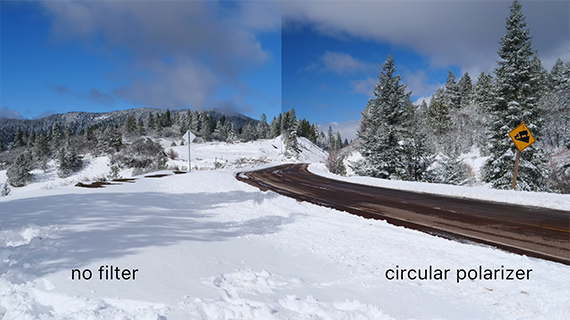
A variable ND filter, on the other hand, controls the amount of light that reaches the camera sensor, allowing you to balance the exposure and use larger apertures in extremely bright conditions.
6. Keep your gear clean
This cannot be overemphasized. Small specks or smears of dirt will show up in your images if you don’t keep things clean.
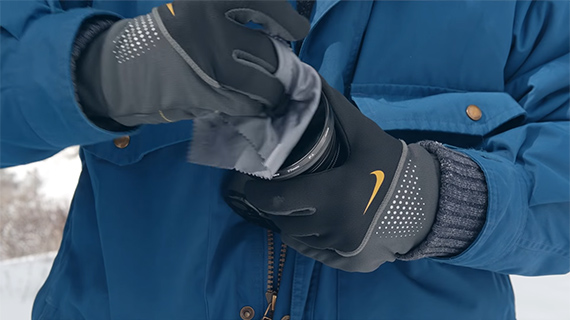
Keep a couple of microfiber cloths in your camera bag: one for your lens and one for your camera body.
7. Overexpose for snow
It is pertinent to know how your camera meter works, especially the concept of 18 percent gray. Long story short, always overexpose by at least a stop and a third, even two stops. Use exposure compensation if you’re not shooting manually.
Here’s a shot without exposure compensation:
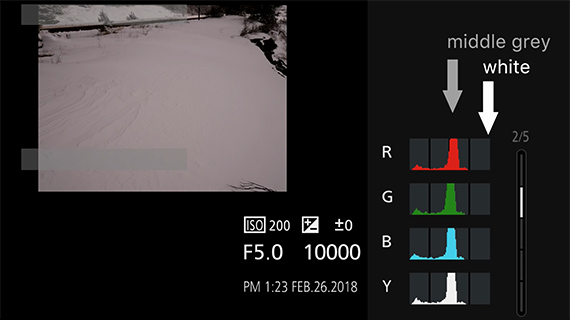
Here’s the exposure with one and two-third stops of exposure compensation:
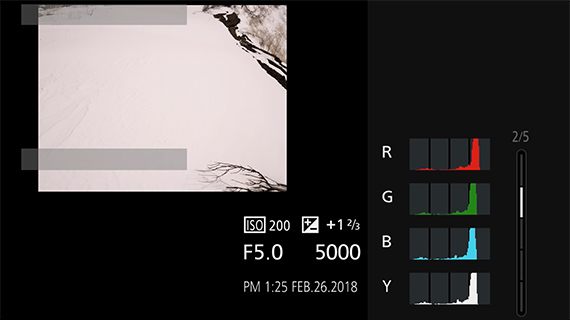
8. Shoot Raw
RAW format gives you more options when you’re post-processing your images, like pulling details from the highlights or recovering details from the shadow areas.
9. Find your white balance
If you’re shooting in RAW and the light source is consistent (no artificial lights) then go ahead and use Auto White Balance. It works most of the time. When it doesn’t, it’s easy to fix in post-processing.
10. See in color but make b&w
Shoot with color in mind. As long as you’re shooting in RAW you can always go back and convert your images to black and white. Some snowy scenes look stunning when processed in black and white.
11. Bring a tripod
Hey, it’s bright and you can shoot at 1/1000 of a second and faster, so why bother bringing a tripod? A tripod allows you to shoot long exposures!
12. Bag your camera before heading indoors
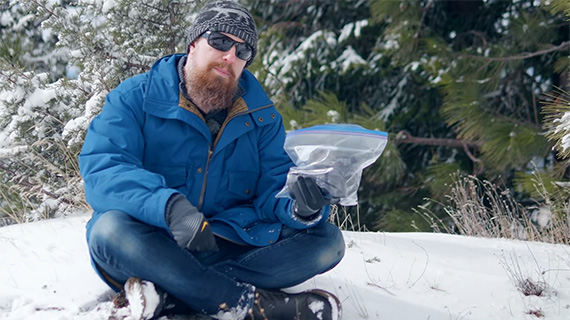
After the shoot, if you get inside your car or step inside your home, the nice warm temperature will build condensation inside your camera. To prevent this from happening, put your camera inside a plastic bag before going indoors. Condensation will happen on the plastic bag rather than on the camera.
What other tips do you have for winter photography?
Go to full article: Winter & Snow Photography: 12 Tips
What are your thoughts on this article? Join the discussion on Facebook
PictureCorrect subscribers can also learn more today with our #1 bestseller: The Photography Tutorial eBook
The post Winter & Snow Photography: 12 Tips appeared first on PictureCorrect.
from PictureCorrect http://bit.ly/2FePJgo
via IFTTT






0 kommenttia:
Lähetä kommentti